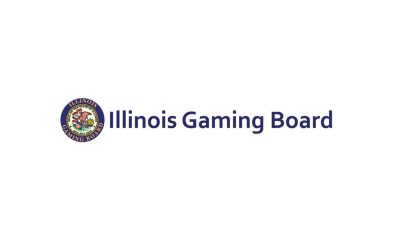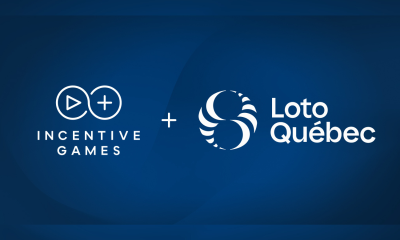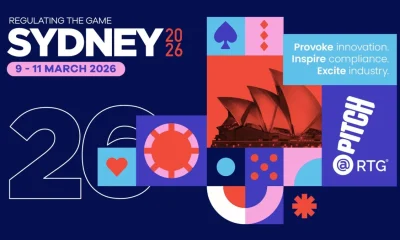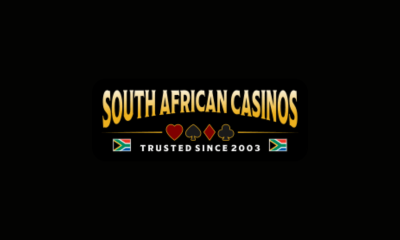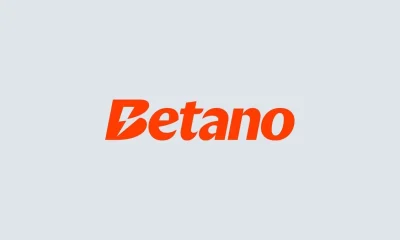Industry News
LeoVegas Mobile Gaming Group: Ardalan’s pyrrhic victory risks torpedoing Swedish gambling regulations
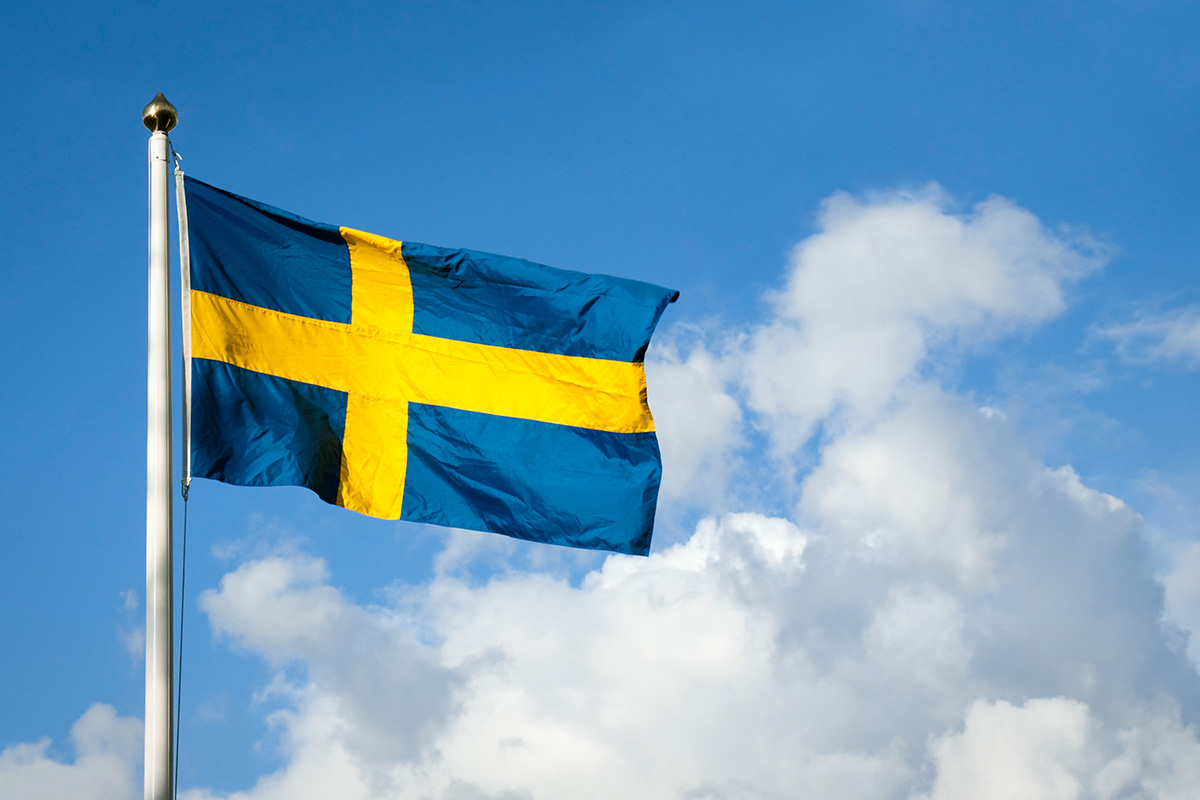
Open letter to Minister for Public Administration Ardalan Shekarabi
Ardalan’s pyrrhic victory risks torpedoing Swedish gambling regulations
– If players leave, companies will follow suit
On January 1, 2019, new gambling regulations were introduced in Sweden. Minister for Public Administration Ardalan Shekarabi spearheaded the reform, with cooperation from the opposition, resulting in broad support in the Swedish Parliament. The overall mantra was that the state should regain control of the gambling market after decades of gambling moving to companies that operated in Sweden without a license. Parliament’s preferred method of effective gambling market control is what is known as channelling, i.e. regulating what percentage of Swedish consumers choose to play with Swedish-licenced companies.
As expected, this resulted in a crossroads where companies, with the aim of maintaining a long-term business model, welcomed more insight into operations and greater control over players’ behaviour in exchange for a well-functioning and sustainable gaming market. In order to ensure responsible gaming, companies were required to implement a number of measures, such as age verification, bonus limits, limits on deposits and time played, as well as extensive processes to prevent money laundering and unhealthy gambling habits. This became a matter of importance for the 90 companies that chose to apply for a Swedish gaming license and together laid the foundation for a new Swedish gaming market that focused on strong consumer protections.
But not everyone jumped on the Ardalan train. Many companies felt there was more to gain from staying out of the system and continuing to offer games beyond the reach of taxes, controls, and other responsible gaming measures – the so-called black market.
Today, only a year later, it turns out that the “package” that the licensed companies chose to buy and sign onto has changed character completely and thus risks losing all its appeal, benefitting companies that chose to operate on the black market. We must remember that it is the customers who choose where the best product is. In a digital world, that power does not lie with the state, or with us as corporations for that matter.
We operate in a digital world and have direct access to all the relevant data needed to evaluate what measures can help strengthen our players’ safety and security while still providing attractive offers and products. The sad thing is that the government, with Ardalan Shekarabi at the forefront, does not want to talk to us about how we can work together and, with help from the insights we possess, develop a well-functioning Swedish gambling market. This became especially clear when the Minister, on April 23, proposed new emergency restrictions, proclaiming that, “The Government sees major risks in the gambling sector right now.” But the overall gambling industry (private and state) doesn’t see the same pattern at all. Instead, we see how gambling has diminished compared to what it looked like before the covid-19 crisis struck.
This week, the independent research firm Copenhagen Economics published a report describing how more and more players are choosing to spend their time with companies operating on the black market. This can be seen as nothing other than a failing grade for the government, which has completely failed to defend its own licensing system. The biggest drop was among online casinos, where approximately every fourth krona gambled goes to an unlicensed company instead of a company with a Swedish license.
Minister Shekarabi knows about this; he also has access to statistics that reveal a reduction in channelling. But for some inexplicable reason, he doesn’t seem worried that more and more players are going to the uncontrolled black market. The purpose of the re-regulation, which had broad support in the Swedish Parliament, was to create a more sustainable gambling market that functioned well in the long term. Now the minister is about to create a “Wild West 2.0” in the gambling market, and he’s doing it in the name of consumer protection. It is now clear to us that Ardalan Shekarabi does not share our ambition to create a sustainable and safe gambling market since his latest proposal is perhaps the best advertisement yet for players to abandon licensed companies in favour of the black market.
Every company, regardless of industry, wants to be where the customers are. If the customers leave, the companies will follow suit. The Swedish gambling market not only provides safety and security to players but also contributes billions annually in much-needed tax revenue and investment in sports. By slowly eroding the Swedish gaming market month by month, the government risks bringing about major cuts in security, tax revenue, and societal investment.
We can only be left to wonder why Ardalan Shekarabi wants to torpedo his own gambling regulations.
Stockholm 2020-04-30
Pontus Lindwall, CEO, Betsson AB
Henrik Tjärnström, CEO, Kindred Group
Gustaf Hagman, Group CEO, LeoVegas
Therese Hillman, CEO, NetEnt AB
Ulrik Bengtsson, Group CEO, William Hill Plc
Source: leovegas.mynewsdesk.com
Powered by WPeMatico
Blueprintx
Zingo Bingo Launches “Your Era” Nostalgia Series Featuring Kerry Katona and Pat Sharp
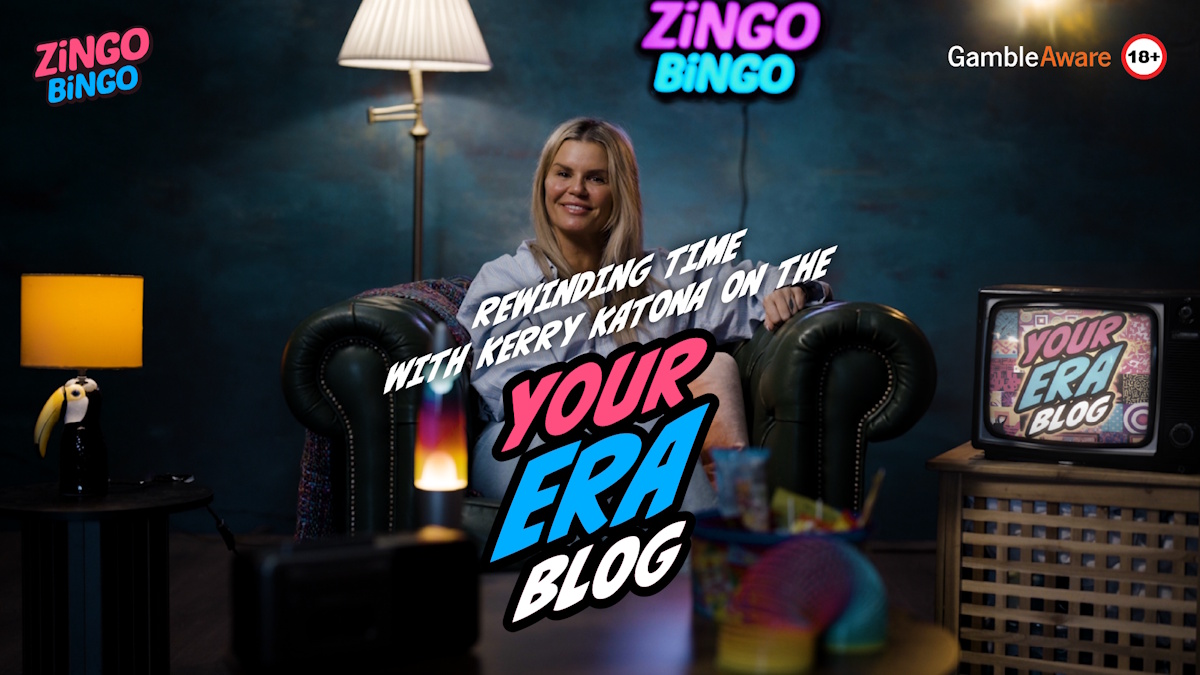
Zingo Bingo Launches “Your Era” – A Social-First Nostalgia Series for 2026
Zingo Bingo has officially unveiled Your Era, a new short-form social media content series celebrating iconic throwbacks, shared nostalgia and the cultural moments that defined generations. The series launches in February 2026 and will roll out weekly across TikTok, Instagram, Facebook and YouTube.
Designed to strengthen Zingo Bingo’s identity as a home of nostalgic fun, Your Era focuses on authentic conversation rather than traditional promotional content. The format highlights music, fashion, technology and pop culture milestones that shaped each guest’s personal journey.
Kerry Katona and Pat Sharp Headline Series One
The first confirmed guests include Kerry Katona, singer and media personality best known from Atomic Kitten, and Pat Sharp, the iconic radio and TV presenter associated with classic UK entertainment shows. Additional celebrity names will be revealed throughout the year.
Each episode features five themed nostalgia segments crafted to spark memories, conversation and emotional connections among viewers.
What to Expect from “Your Era”
Every guest takes part in recurring throwback features designed to boost engagement and relatability:
- The Memory Bag – Guests reveal five nostalgic items and share the stories behind them
- Flashback Files – A rapid-fire interview covering music, fashion, tech and cultural trends
- Mixtape Memories – Guests curate throwback tracks for the official Your Era playlist
- Taste of the Past – Sampling retro sweets and snacks while rating nostalgia levels
- Yesterday’s News – A humorous headline-guessing game using real throwback media stories
The series aims to tap into the growing popularity of nostalgia-driven digital content while positioning Zingo Bingo as a community-led entertainment brand.
Built by Kinetic Digital and Blueprintx
Your Era has been developed by Zingo Bingo’s operators, Kinetic Digital, in collaboration with long-term creative partner Blueprintx. Blueprintx has previously supported digital and television campaigns for Kinetic Digital brands including Prime Casino and Slingo.
The production strategy prioritises shareable, short-form content optimised for social discovery and influencer amplification, with episodes distributed across dedicated platform pages as well as guest channels.
A Strategic Play for Community Engagement
Jack Watson, Brand Manager at Zingo Bingo, said the series reflects the brand’s commitment to fun, familiarity and connection.
“Your Era is about celebrating the music we replayed, the fads we cringe at and the memories that still make us smile. It’s designed to bring people together through shared nostalgia while reminding audiences that bingo is about enjoying those moments collectively.”
Series one will feature six guests throughout 2026, with new weekly segments designed to drive audience engagement and repeat viewership.
The post Zingo Bingo Launches “Your Era” Nostalgia Series Featuring Kerry Katona and Pat Sharp appeared first on Eastern European Gaming | Global iGaming & Tech Intelligence Hub.
Industry News
Ex-Paysafe VP Justin Fraser takes chief revenue officer role at Yaspa to drive global growth

Yaspa, the renowned fintech focusing on instant payments and identity solutions, today reveals the appointment of Justin Fraser as its Chief Revenue Officer.
Fraser becomes part of Yaspa’s executive team during a crucial period of global growth. He has more than 20 years of commercial leadership experience in the payments ecosystem, having occupied senior leadership positions at notable industry companies like Cybersource, Visa, and Paysafe.
Having a career centered on maneuvering through intricate payment environments, he offers knowledge in rapidly expanding, regulated sectors such as iGaming, cryptocurrency, and financial technology.
As the new CRO, Fraser will manage Yaspa’s worldwide commercial strategy, concentrating on expanding the company’s Intelligent Payment platform, which integrates open banking with AI-powered customer insights, throughout the UK, Europe, and North America.
Yaspa CEO James Neville said: “We are thrilled to welcome Justin to the team during this period of rapid acceleration. His deep expertise in navigating complex regulatory environments and his proven track record in scaling payment solutions are invaluable assets as we expand our footprint in the US and beyond. Justin’s appointment further strengthens our leadership as we continue to help businesses lower costs, grow revenues, and enhance financial compliance through open banking.”
Justin Fraser said: “Yaspa is at the forefront of the shift toward real-time payments. The company’s unique blend of open banking and AI-verified insights solves genuine friction for merchants, particularly in industries like iGaming. I am excited to join such an innovative team and look forward to driving the next phase of our commercial growth globally.”
Fraser will collaborate closely with the recently strengthened US team, which includes the newly appointed US Sales Lead, Peter Kula, and US Senior Solutions Manager, Jackson Esoda.
This statement comes after a year of significant growth for Yaspa, highlighted by increasing its workforce from 15 to 75 employees and successfully securing a $12 million investment round spearheaded by Discerning Capital. In this timeframe, the firm broadened its international presence with new ventures in Atlanta and Leeds, while winning esteemed honors such as the 2025 Payments Award for Real-Time Payments Innovation and a spot on the CB Insights Top 100 Fintech list.
The post Ex-Paysafe VP Justin Fraser takes chief revenue officer role at Yaspa to drive global growth appeared first on Eastern European Gaming | Global iGaming & Tech Intelligence Hub.
Blueprint Gaming
Blueprint Gaming names Mattia Luchesini Head of International Account Management
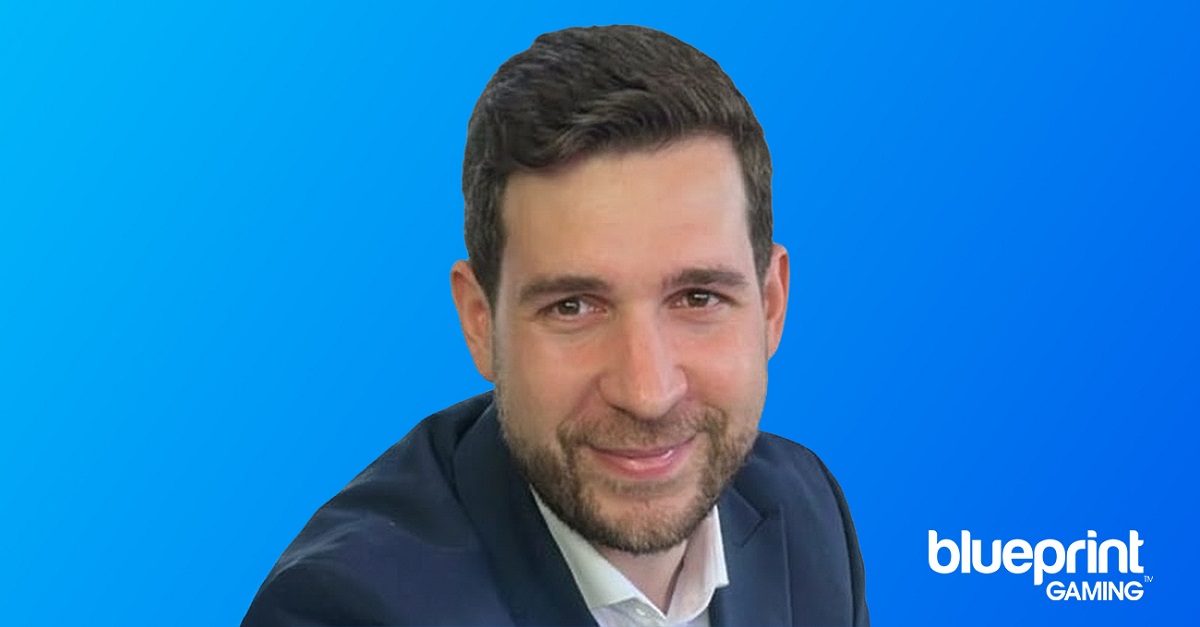
Blueprint Gaming has named Mattia Luchesini as Head of Account Management – International, enhancing its commercial leadership as the company continues to grow in regulated markets.
In his new position, Mattia will oversee Blueprint’s global account management function, prioritizing the establishment of strategic operator partnerships and fostering ongoing growth in vital regions. He will collaborate closely with commercial, product, and delivery teams to guarantee that partners receive support through a cooperative, value-oriented strategy.
Mattia comes to Blueprint from Games Global, where he dedicated more than two and a half years to senior account management positions, fostering robust relationships with operators throughout EMEA and acquiring substantial experience in international market dynamics.
This recent appointment demonstrates Blueprint Gaming’s ongoing investment in its commercial strengths, guaranteeing that partners receive support from seasoned leadership while the company advances its growth strategy.
Mattia Luchesini, Head of Account Management – International at Blueprint Gaming, said: “It’s a great opportunity to join Blueprint at a time of strong international momentum.
“The business has a clear vision and a reputation for working closely with its partners, and I’m looking forward to contributing to that approach while helping to drive growth across global markets.”
Matt Cole, Managing Director at Blueprint Gaming, added: “Mattia brings valuable international experience and a strong understanding of what operators need from a long-term content partner.
“His appointment supports our continued focus on strengthening relationships and delivering a high standard of account management as Blueprint grows its global footprint.”
The post Blueprint Gaming names Mattia Luchesini Head of International Account Management appeared first on Eastern European Gaming | Global iGaming & Tech Intelligence Hub.
-

 Compliance Updates5 days ago
Compliance Updates5 days agoIllinois Gaming Board and Attorney General’s Office Issue more than 60 Cease-and-Desist Letters to Illegal Online Casino and Sweepstakes Operators
-

 Canada5 days ago
Canada5 days agoINCENTIVE GAMES PARTNERS WITH LOTO-QUÉBEC TO LAUNCH REAL-MONEY GAMES IN THE PROVINCE OF QUÉBEC, CANADA
-

 Australia5 days ago
Australia5 days agoRegulating the Game 2026 Sydney — One Month Countdown as Sector Leaders Anticipate Inaugural RTG Global Awards
-

 Always Up! x100005 days ago
Always Up! x100005 days agoRing in the Chinese New Year with BGaming’s Seasonal Promotion
-

 Latest News5 days ago
Latest News5 days agoLaunch Of A Fresh Online Casino Guide 2026
-

 Latest News5 days ago
Latest News5 days agoVolcano Power — Hold & Hit 3×3 from Spinomenal
-

 Affigates5 days ago
Affigates5 days agoSoftConstruct AI and Affigates Bring Cutting‑Edge Solutions to AIBC Eurasia 2026 in Dubai
-

 Accra5 days ago
Accra5 days agoKaizen Gaming Launches Betano in Ghana — 20th Regulated Market & Responsible GameTech Expansion




